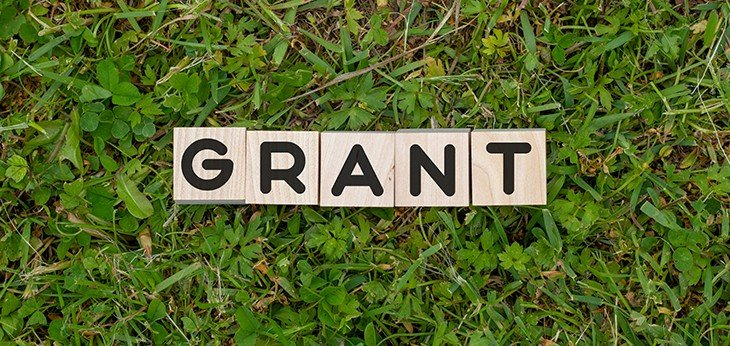People with disabilities have limited opportunities to access the same community activities as everyone else. Whilst many community and volunteer groups would like to be more inclusive, many lack confidence, knowledge or experience in how to welcome and integrate people with disabilities into their programs and activities.
The Department of Social Services (DSS) is offering grants that aim to build the capacity of the community to create more opportunities for people with disabilities to participate in and contribute to community life, particularly through the recovery process from COVID-19 restrictions and recent disasters. This grant program aims to support local government, community and volunteer groups, boards, charities, sporting clubs and associations, art groups and programs, health and wellbeing groups, informal community networks or clubs and emergency services organisations.
DSS is particularly encouraging applications from organisations that seek to improve the welfare of Aboriginal and Torres Strait Islander communities, culturally and linguistically diverse communities, LGBTIQA+ people, children and young people (0-24 years), and communities living in remote or very remote areas. Applicants need to be a company, cooperative, corporate state or territory entity, incorporated association, indigenous corporation, local government, non-corporate state or territory entity or a statutory authority.
The Information, Linkages and Capacity Building (ILC) – Social and Community Participation Grant offers a total of $35.9 million. Funding is available for one year from 10 June 2021 to 9 June 2022. Applications close on Tuesday 8 December.
Small Grants from $20,000 to $50,000 (GST excl.) are available for organisations that are working at a place-based level, such as a defined geographical area within a state or territory. Large Grants from $100,000 to $350,000 (GST excl.) are for organisations seeking to impact broader systemic change or create large scale opportunities for community inclusion across multiple states and territories or nationally.
It is expected all activities will be developed and delivered in collaboration with people with disability and people with disability will be employed in the delivery of these activities. Programs need to consider the sustainably of services beyond the pandemic and disaster recovery phase.
Possible grant activities may include:
Support for community organisations to be inclusive of people with disability, their families and carers including activities that
- seek to educate and build community confidence to include children and young people with disabilities in activities with peers without disabilities
- mentor community organisations to build confidence and readiness so they can become more inclusive. This could be delivered through community organisations who have embedded inclusive practices.
- improve staff awareness and communication
- enable the voice of people with disabilities to lead the development of relevant information and training.
Support to improve community access for people with disability
- projects that improve or reshape community infrastructure to meet the needs of people with disability (for example a trial of public recharging facilities for mobility scooters)
- technical supports and digital technologies, including remote service delivery
- modified equipment to enable greater participation in community sports
- on-line and printed accessibility guides for local community activities, facilities and businesses, including virtual tours pre-visit
- activities that strengthen effective local initiatives to address issues of access and inclusion
Response to (or recovery from) COVID-19 restrictions and/or recent natural disasters including activities that
- ensure continuity of supports to assist a person with disability, their family or carer to be socially active and engaged
- build community awareness and confidence to include people with disabilities in the recovery phase of a crisis
- enable people with disabilities to improve their access to online services and digital literacy to assist in alternative means of community participation
- address barriers to inclusion, accessibly and realisation of rights, particularly community mental health initiatives, during COVID-19 restrictions and recovery from natural disaster.
If your organisation is planning to apply for a small grant, you will be required to describe the need and suitability of the proposed activities and why they are needed in the proposed location. You will need to describe what will be done and where, who it will assist and why the activities are needed. You also need to understand and describe the outcomes that are expected from the grant and how these will improve the participation of people with disability in the community.
In addition, organisations applying for the larger grant need to demonstrate the organisation’s experience and capability in successfully implementing, managing and delivering the planned activities.
We strongly recommend that organisations carefully read the grant guidelines to assess their suitability to apply for the grant. Before writing an application we advise you to develop a theory of change to map your planned outcomes, demonstrate the need and describe how the intended activities will address the community needs and deliver the outcomes. Free resources for ILC grant success are available on here.






